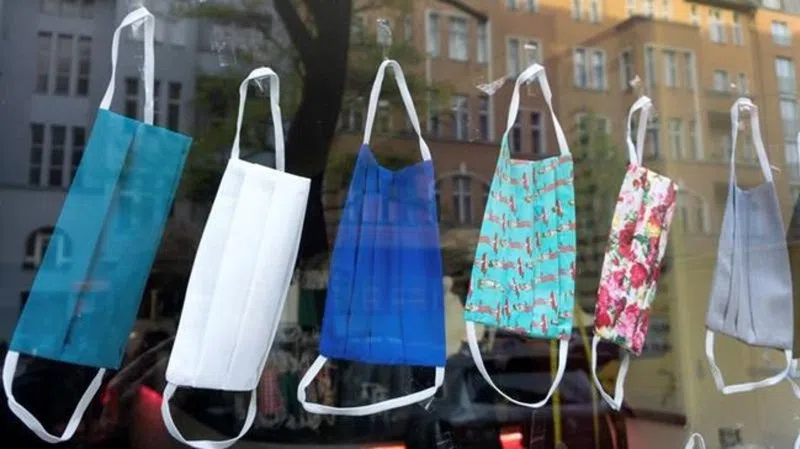
‘Tip of the iceberg:’ Nations struggle to count virus toll
BEIJING — China acknowledged Friday that the coronavirus death toll in the one-time epicenter city of Wuhan was nearly 50% higher than reported, underscoring just how seriously the official numbers of infections and deaths around the world may be understating the dimensions of the disaster.
In Italy, Spain, Britain, the United States and elsewhere, similar doubts emerged as governments revised their death tolls or openly questioned the accuracy of them.
“We are probably only seeing the tip of the iceberg,” said Barcelona University epidemiologist Antoni Trilla, who heads the Spanish government’s expert panel on the crisis.
Worldwide, the outbreak has infected more than 2.1 million people and killed over 145,000, according to a Johns Hopkins University tally based on figures supplied by government health authorities around the globe. The death toll in the U.S. topped 33,000, with more than 670,000 confirmed infections.
